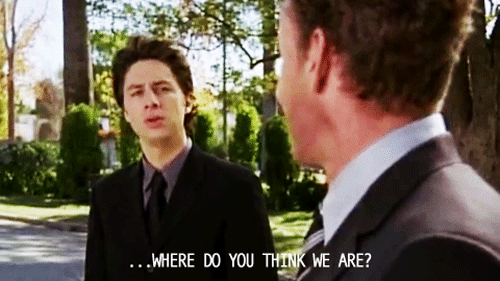Full story
In an incredibly bold move, the British Academy of Film and Television Arts announced last week that, beginning in 2019, works that do not demonstrate inclusivity in their production practices will no longer be eligible for the Outstanding British Film or Outstanding Debut by a British Writer, Director, or Producer awards at the annual BAFTAs, often considered the U.K. equivalent of the Oscars.* Eligible projects must showcase this in two of the following ways, as the BBC reported: On-screen characters and themes, senior roles and crew, industry training and career progression, and audience access and appeal to underrepresented audiences. BAFTA will also remove the requirement that newly admitted voters be recommended by two existing members.
Many people will undoubtedly find this move to be blasphemous, leaning on the tired crutch of artistic freedom to label BAFTA as intrusive. They can live and die by that sword if theyd like, but theyll only be proving that theyre not quite as creative or imaginative as they claim to be.

